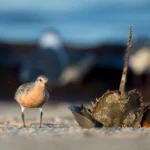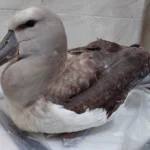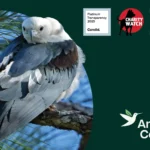
American Bird Conservancy Soars with Another Year of Top 2025 Nonprofit Ratings
For the thirteenth year in a row, Charity Navigator awarded ABC its highest 100 percent score and Four-Star rating, earned by less than one percent of all rated charities. GreatNonprofits, the leading platform for community-sourced recommendations, recognized ABC as a “Top-Rated Nonprofit” for t...
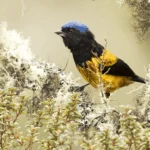
Despite Headwinds, a Year of Results for Bird Conservation
Despite uncertainties with federal funding and ongoing environmental rollbacks in 2025, American Bird Conservancy (ABC) stayed focused on our mission, steadfast in our principles, and achieved heartening progress for birds and their habitats across the Americas — helping endangered birds avoid ext...

Forests at Work for People and Birds
For many birds, forests are nest sites and nurseries, territories, and rest stops. They provide the abundant resources that help birds survive and raise their young successfully.
They do much of the same for people. Forests perform many essential ecosystem services that go unnoticed, like absorb...
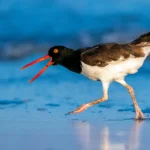
Listening in on the Birds of New York City
American Bird Conservancy is using audio recording units in New York Harbor to understand and document returning birdlife returning to the area as it recovers.

Keeping Up with Swallow-tailed Kites
Much about Swallow-tailed Kite migration is a mystery, but tracking technology is shedding light on the timing and routes of their movements, allowing researchers and conservationists to keep up with individual kites when they are on the wing. In 2019, American Bird Conservancy (ABC) and Internation...

Chasing “Paper” Kites
A giant paper company and its mill might seem antithetical to the cause of bird conservation. Yet today, International Paper (IP) plays a growing role in this arena. It belongs to the Sustainable Forestry Initiative (SFI), and the wood it buys from landowners and forestry companies must meet sustain...

Tropical Forests: Hot, Humid Biodiversity Powerhouses
Located along the equator, tropical forests are the most biodiverse habitats in the world. The relative stability of these lush habitats, where temperatures rarely fluctuate and rainfall remains steady or cyclical, creates the perfect conditions for life to flourish. And does it ever! Despite coveri...


